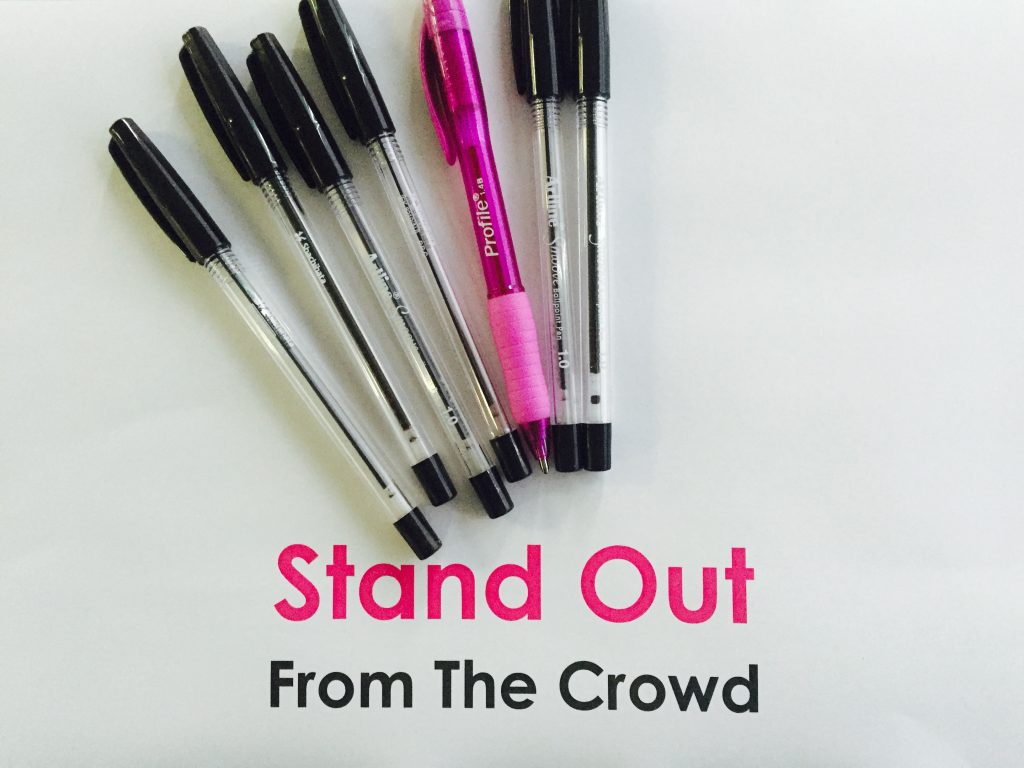After last week’s blog we received lots of questions about resumes and how to make your resume stand out from the crowd, what to include and what not to include. In this weeks blog we are answering the most asked questions from people who undertake our Ace Your Application Career Coaching Program.
Should I include dates on my resume even though I have gaps in my employment?
We always recommend including the month and year in reference to the positions you’ve held previously. By not including dates it is confusing for the reader and we wonder what you’re hiding by not including dates. If you have gaps in your employment there are different techniques to explain those gaps. A short statement explaining that you were travelling, having a career break etc will help the reader understand.
How many pages should my resume be?
Everyone you talk to will have a different opinion on this one and it is personal preference. I recommend to people that when they are putting their resume together don’t focus on the number of pages, focus on the valuable and relevant content that is relevant to the position you are applying for. If that means your resume is 5 pages long or 1 page long that’s ok. If you have extensive experience it may not be realistic to fit it to a page. Alternatively if you are new to the work force you may not have a lot of information to include. Be careful not to waffle, keep the information in your resume interesting, relevant and specific. You want to make sure you keep the reader interested.
Should I include referees on my resume?
Again this one is a little bit of personal preference however I always recommend to leave them out and simply state “Available upon request.” My reasoning for this is that the majority of recruiters will ask for them at interview. After attending an interview you may decide that you wish to provide different referees that are more relevant to the specific position you are applying for. I also always recommend briefing the referee on the specific position you are applying for and preparing them for the phone call. It’s much harder to do that at the application stage, you’ll have much more info to brief them with after the interview.
Do I need to do a covering letter?
Yes, Yes, Yes! You should always include a covering/application letter with your resume when applying for a position. Even if the advert states “submit your resume…” always include a covering letter. Yes, it will take a little more of your time to prepare, however the covering letter is your opportunity to sell yourself and provide a little bit more information about yourself, your skills, experience and motivations for applying for the position vacant. Make sure your covering letter presents like a professional business letter so it stands out from the crowd. Presentation of your covering letter and resume is crucial. You’ll only get this one opportunity at making a great first impression.
How much personal information should I provide in my resume?
It’s ok to include some information on your personal hobbies and interests however keep in mind what you are listing in this section and how you could be perceived. If in doubt – leave it out. We recommend leaving out personal information like your age, religion, marital status, details of children or family members. This type of information does not affect your ability to perform the requirements of the role you are applying for and therefore should not be included.
Should I include a photo?
Generally I advise against including a photo of yourself in your resume. If you are set on including a photo you must make sure that it is an appropriate and professional/business orientated photo. Do not use a photo of yourself in a social or casual setting. My question to you if you are considering including a photo, is why? What are your motivations for including a photo and will it help you stand out from the crowd or could it work against you?
What layout should I use for my resume?
The layout of your resume will vary depending on the position you are applying for and the skills, experience, qualifications and attributes you have to demonstrate your suitability for the position. A great resume will be presented in a professional manner, it will be easy on the eye – easy to read and understand, have clear sections detailing qualifications, employment history, licences, skills and attributes etc. You should use a font that is easy to read (avoid calligraphy type styles), is an appropriate size, and has plenty of bullet points as opposed to chunks and paragraphs of lengthy text.
In putting together your resume focus on giving the reader a taste for who you are and what you can bring to the role – you want to leave us wanting to know more. Don’t turn your resume into a thesis on you, too much waffle and irrelevant info can detract from the important info.
Good luck!


